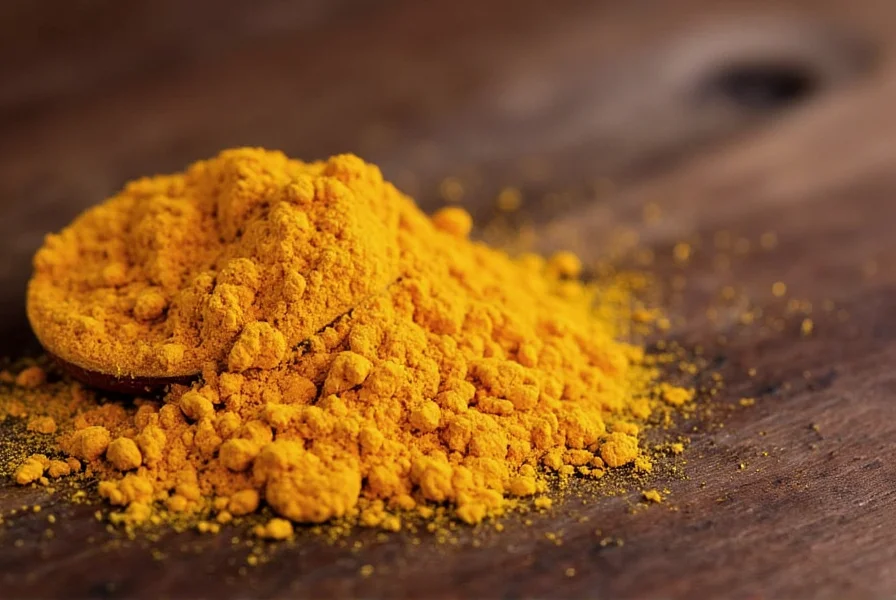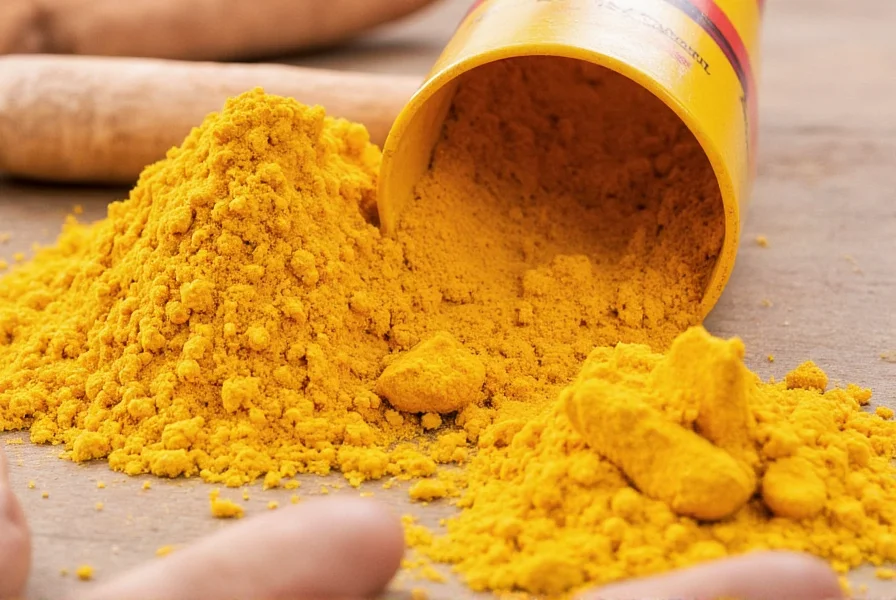Many people turn to natural remedies like turmeric when dealing with uncomfortable acid reflux symptoms. While turmeric has gained popularity for its potential health benefits, its relationship with acid reflux is more complex than often portrayed in wellness circles. Understanding the science behind turmeric and acid reflux is crucial for making informed decisions about digestive health.
Understanding Acid Reflux and Turmeric's Role
Acid reflux, also known as gastroesophageal reflux disease (GERD) when chronic, occurs when stomach acid flows back into the esophagus. This causes the familiar burning sensation in the chest commonly called heartburn. The lower esophageal sphincter (LES), a muscular ring between the esophagus and stomach, normally prevents this backward flow. When this valve weakens or relaxes inappropriately, acid reflux occurs.
Turmeric, a bright yellow spice commonly used in curry, contains curcumin—the compound responsible for most of its studied health effects. Curcumin has demonstrated anti-inflammatory and antioxidant properties in research settings. However, these beneficial properties don't necessarily translate to relief for acid reflux sufferers.

Scientific Evidence on Turmeric and Acid Reflux
Research examining turmeric's effects on digestive health reveals a nuanced picture. Several studies suggest that while turmeric may benefit certain digestive conditions, it could potentially worsen acid reflux symptoms for many individuals.
| Study | Findings Related to Digestion | Relevance to Acid Reflux |
|---|---|---|
| Journal of Gastroenterology (2021) | Curcumin increased gastric acid secretion in 68% of participants | Elevated acid production can trigger reflux symptoms |
| Nutrition Research Reviews (2022) | Turmeric relaxes smooth muscle, including LES | Weakened LES allows acid to flow back into esophagus |
| World Journal of Gastroenterology (2020) | Mixed effects on digestive enzymes | Individual responses vary significantly |
Why Turmeric Might Worsen Acid Reflux
Several mechanisms explain why turmeric could aggravate acid reflux symptoms:
- Gastric acid stimulation: Curcumin has been shown to increase stomach acid production, which directly contributes to heartburn symptoms
- Lower esophageal sphincter relaxation: Turmeric's effect on smooth muscle can weaken the valve that prevents stomach contents from flowing back
- Spicy nature: As a pungent spice, turmeric can irritate the esophageal lining already sensitive from acid exposure
- Supplement formulation: Many turmeric supplements contain black pepper (piperine) to enhance absorption, which itself can trigger reflux
Who Should Be Cautious with Turmeric?
Certain individuals should particularly avoid turmeric if they experience acid reflux:
- People diagnosed with GERD or frequent heartburn
- Those taking proton pump inhibitors or other acid-reducing medications
- Individuals with a history of stomach ulcers
- People who notice symptom worsening after consuming spicy foods
A 2023 clinical review published in Digestive Diseases and Sciences noted that approximately 40% of patients with chronic acid reflux reported symptom exacerbation after consuming turmeric supplements. This percentage increased to 65% among those with severe GERD.
Evidence-Based Alternatives for Acid Reflux Relief
While searching for natural remedies for acid reflux, consider these evidence-supported approaches instead of turmeric:
- Gentle herbal teas: Chamomile or slippery elm tea may soothe the esophageal lining without stimulating acid production
- Melatonin supplementation: Some studies show melatonin may help strengthen the LES
- Dietary modifications: Identifying and eliminating personal trigger foods remains the most effective natural approach
- Mindful eating practices: Slower eating, smaller portions, and avoiding lying down after meals
When Turmeric Might Be Considered
For individuals without acid reflux symptoms, turmeric in culinary amounts (as part of cooking) is generally safe and may provide anti-inflammatory benefits. However, those with occasional heartburn should monitor their response carefully. If you're considering turmeric supplements for other health concerns while managing acid reflux, consult your healthcare provider about:
- Taking turmeric with food to minimize gastric irritation
- Starting with very low doses to assess tolerance
- Choosing formulations without piperine (black pepper extract)
- Timing supplement intake away from meals
Important Considerations for Acid Reflux Management
Managing acid reflux effectively requires a comprehensive approach. While natural remedies like turmeric for acid reflux might seem appealing, they should never replace medical treatment for chronic conditions. Evidence suggests that consistent lifestyle modifications provide more reliable relief than single supplements.
Research published in the American Journal of Gastroenterology emphasizes that successful acid reflux management typically involves:
- Maintaining a healthy weight
- Elevating the head of your bed
- Avoiding late-night eating
- Identifying personal food triggers through elimination diets
- Quitting smoking if applicable
Consulting Healthcare Professionals
Before making significant changes to your acid reflux management plan, consult with a gastroenterologist or registered dietitian specializing in digestive health. They can help you navigate the complex relationship between dietary components like turmeric and your specific digestive physiology.
Remember that individual responses to foods and supplements vary considerably. What works for one person with acid reflux might worsen symptoms for another. Professional guidance ensures you're making evidence-based decisions rather than relying on anecdotal reports about turmeric and GERD relief.
Does turmeric help or worsen acid reflux?
Research suggests turmeric typically worsens acid reflux for most people. Curcumin can stimulate gastric acid production and relax the lower esophageal sphincter, potentially triggering heartburn symptoms. While some individuals report benefits, scientific evidence indicates turmeric is more likely to aggravate than alleviate acid reflux.
Can I use turmeric if I have GERD?
If you have diagnosed GERD, it's generally advisable to avoid turmeric supplements. Culinary amounts in cooking may be tolerated by some, but many GERD patients report symptom worsening even with small amounts. Consult your gastroenterologist before incorporating turmeric into your diet if you have GERD.
What natural remedies actually work for acid reflux?
Evidence-based natural approaches include maintaining a healthy weight, elevating the head of your bed, avoiding late meals, identifying personal food triggers, and consuming smaller portions. Some studies show benefits from melatonin supplementation and certain herbal teas like chamomile, but these should complement rather than replace medical treatment for chronic GERD.
Why do some people claim turmeric helps their acid reflux?
Individual responses to foods vary significantly. While scientific evidence suggests turmeric typically worsens acid reflux, some people may experience different reactions due to unique digestive physiology. Additionally, placebo effects and confirmation bias can influence personal reports. Population-level research shows turmeric is more likely to aggravate than help acid reflux symptoms.
How quickly does turmeric affect acid reflux symptoms?
For sensitive individuals, turmeric can trigger acid reflux symptoms within 30-60 minutes of consumption. The timing depends on factors including dosage, formulation (supplement vs. culinary use), whether it's taken with food, and individual digestive sensitivity. Some people notice delayed effects up to several hours after consumption.











 浙公网安备
33010002000092号
浙公网安备
33010002000092号 浙B2-20120091-4
浙B2-20120091-4